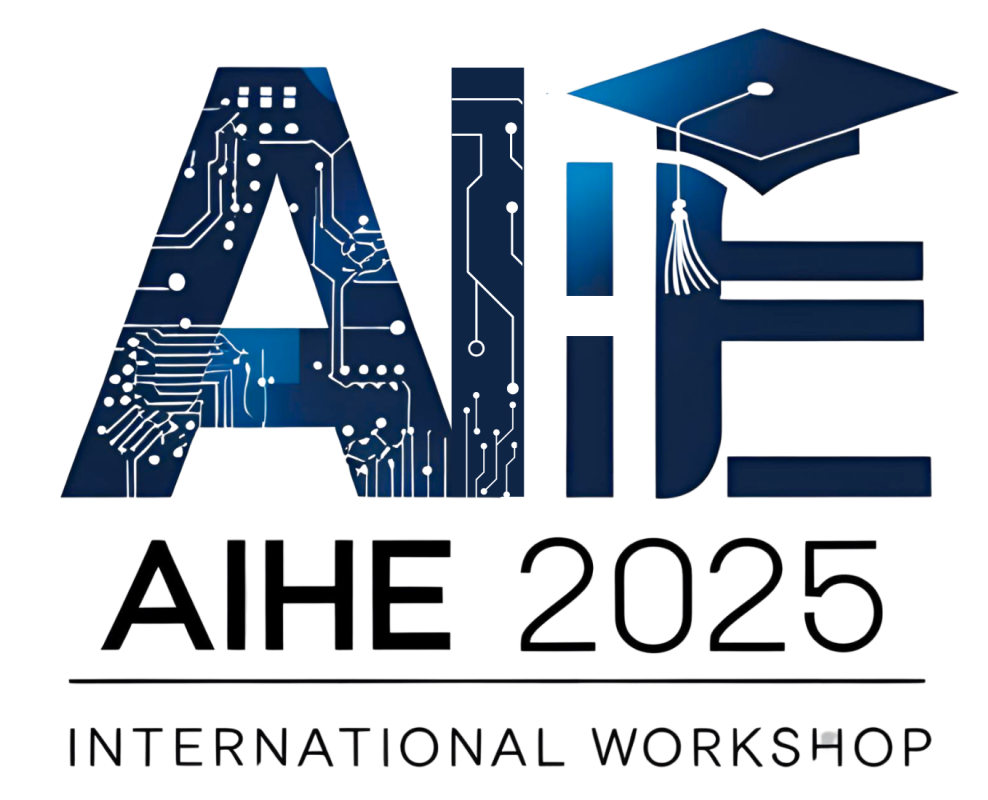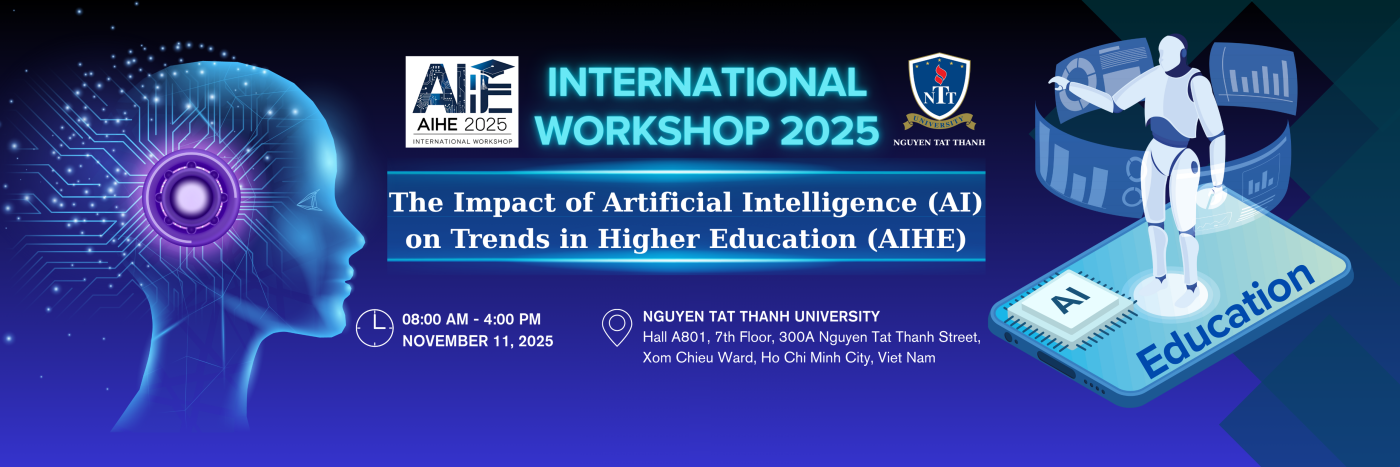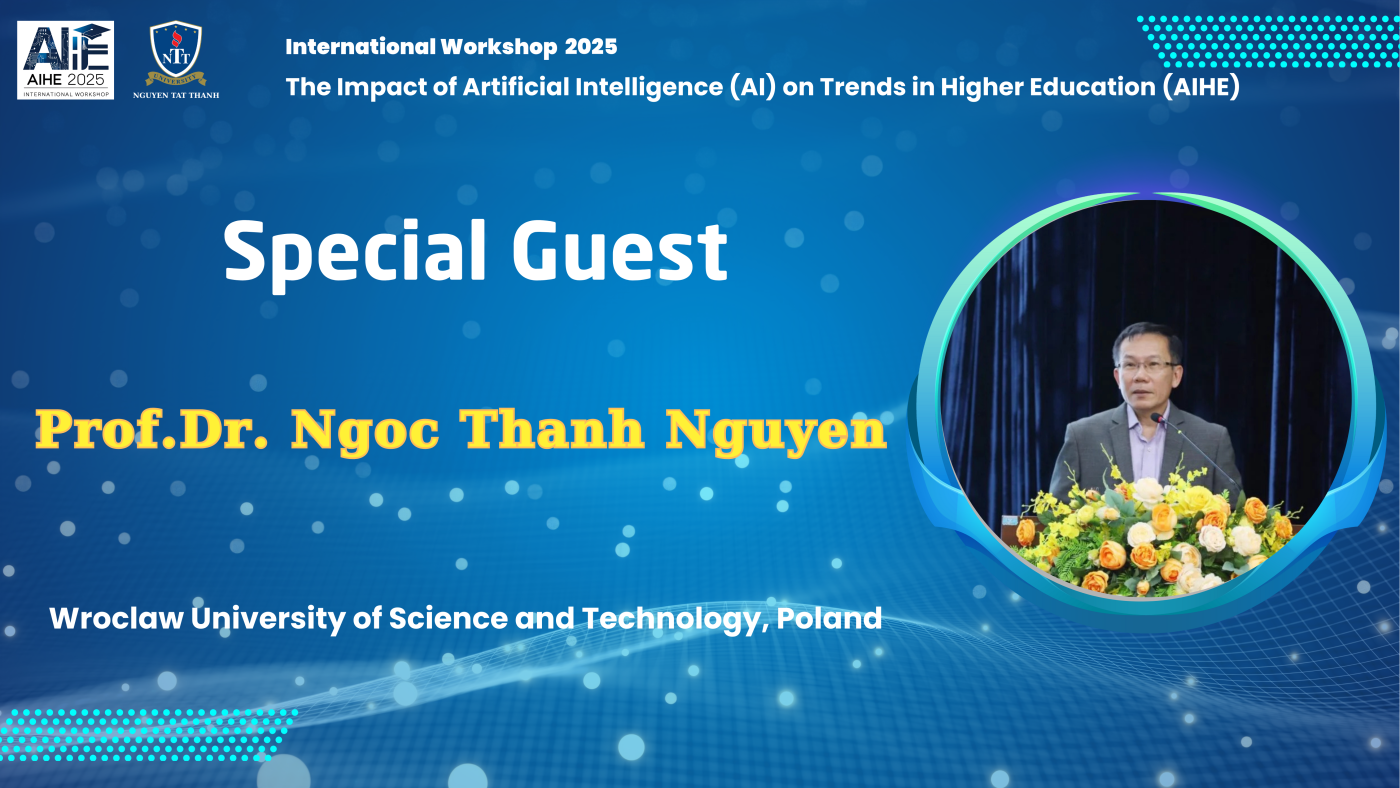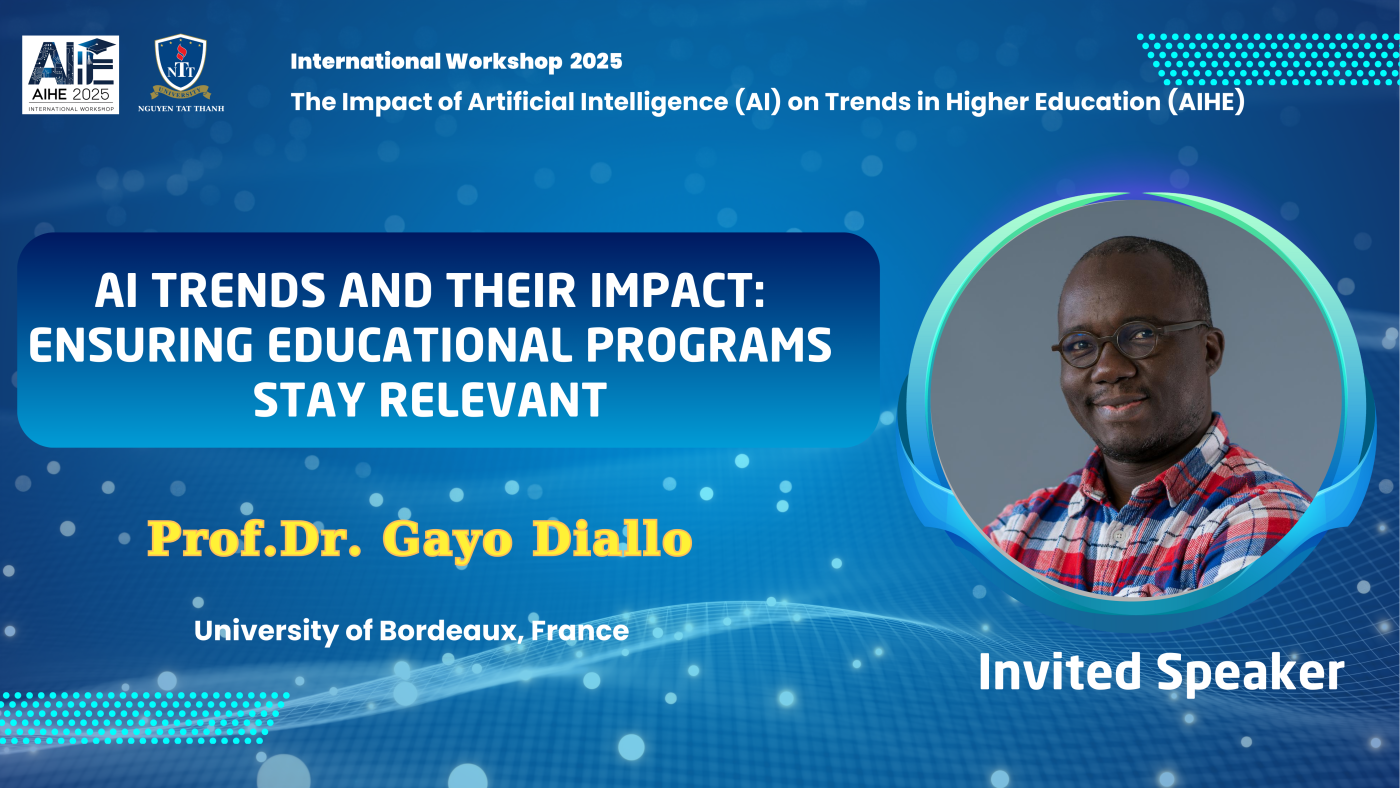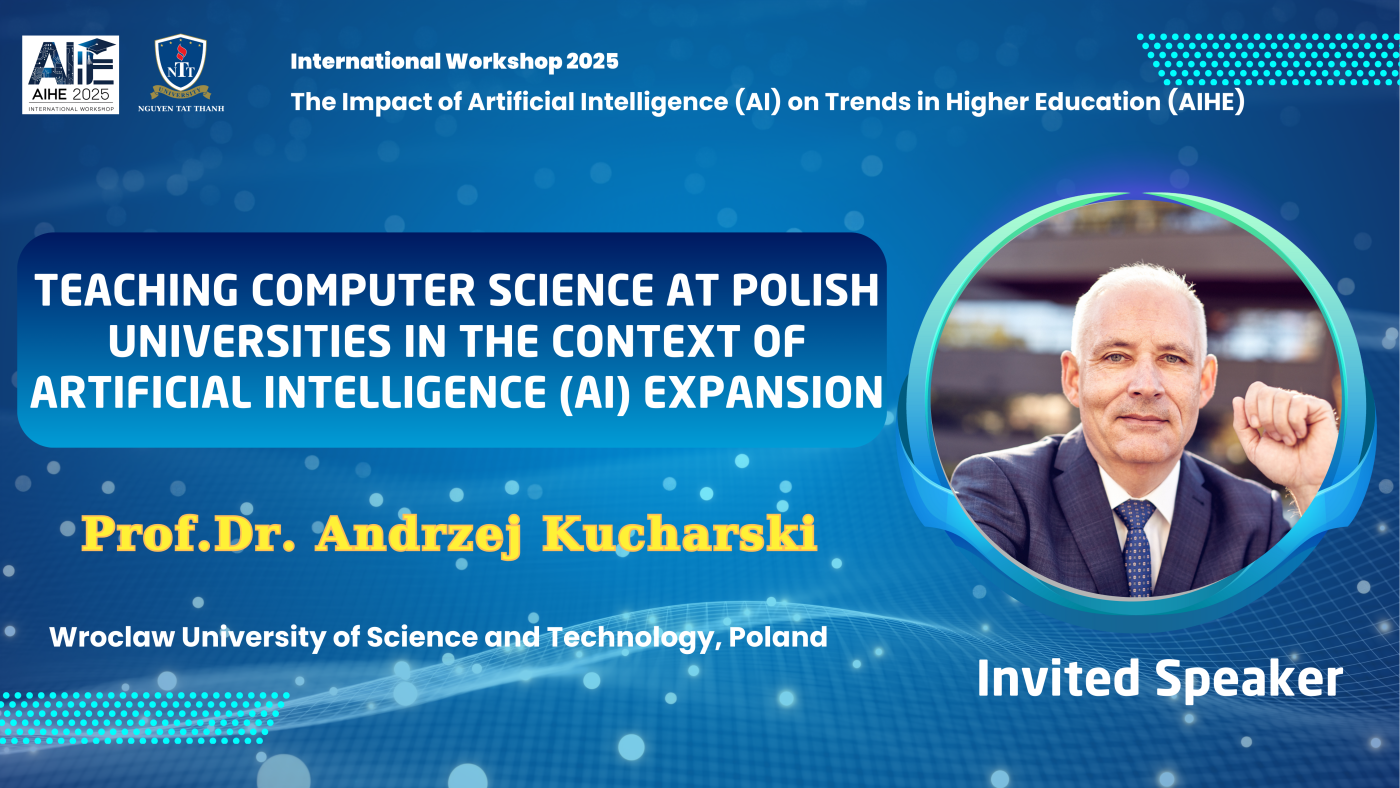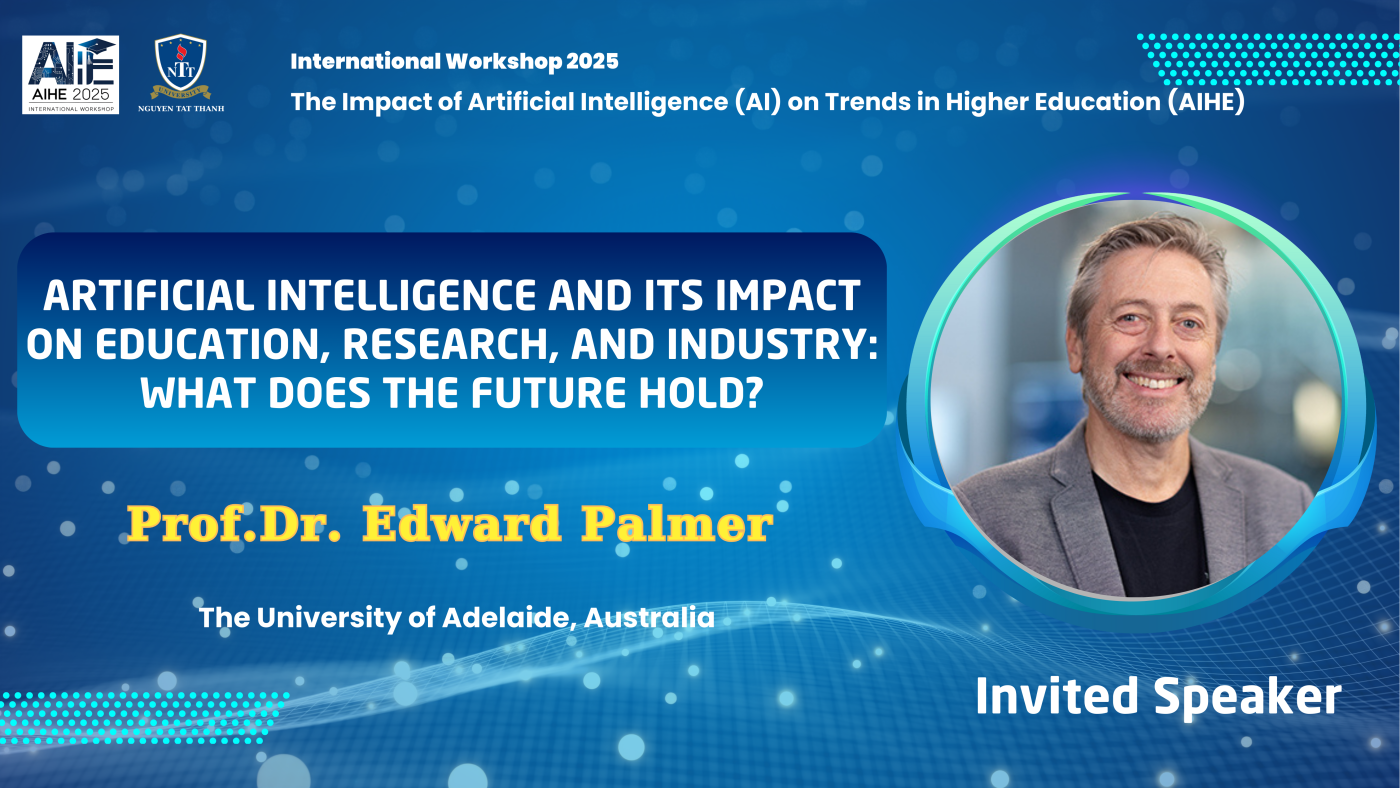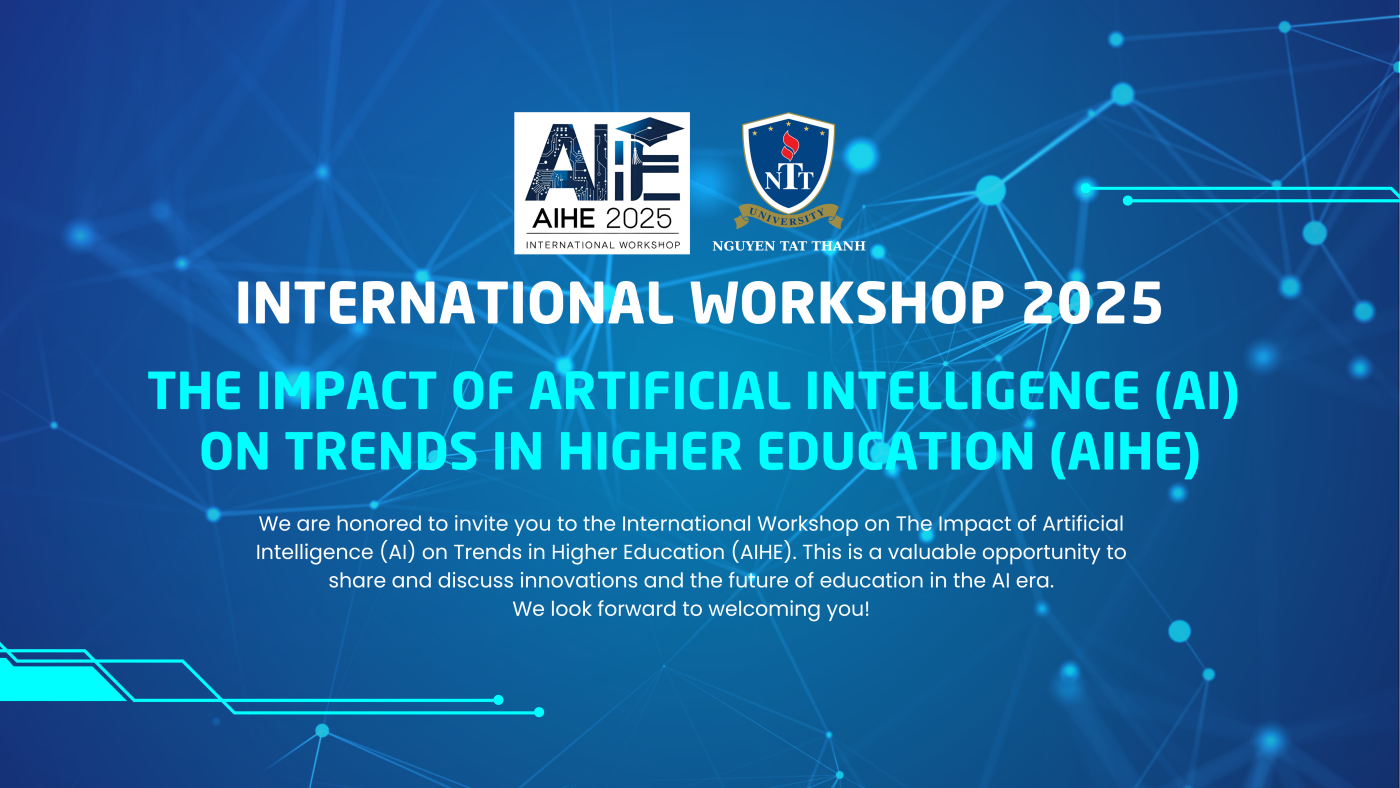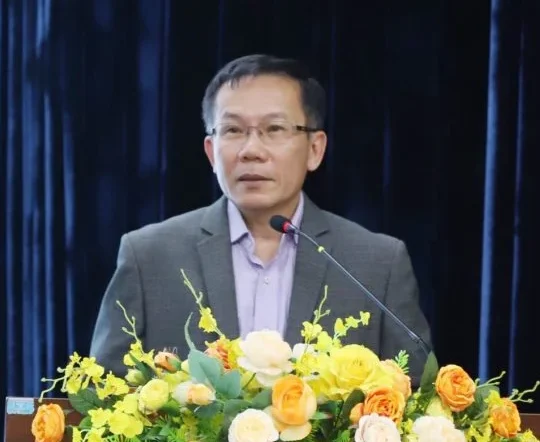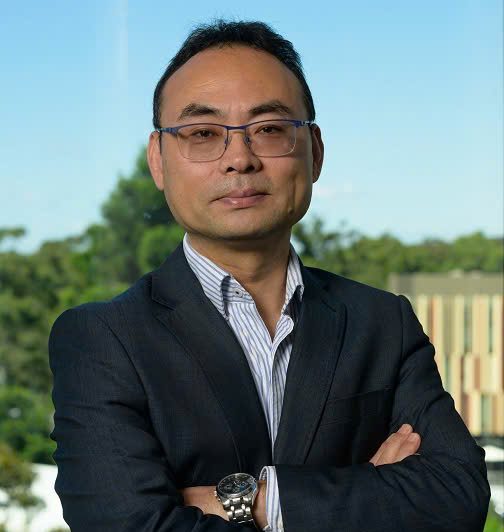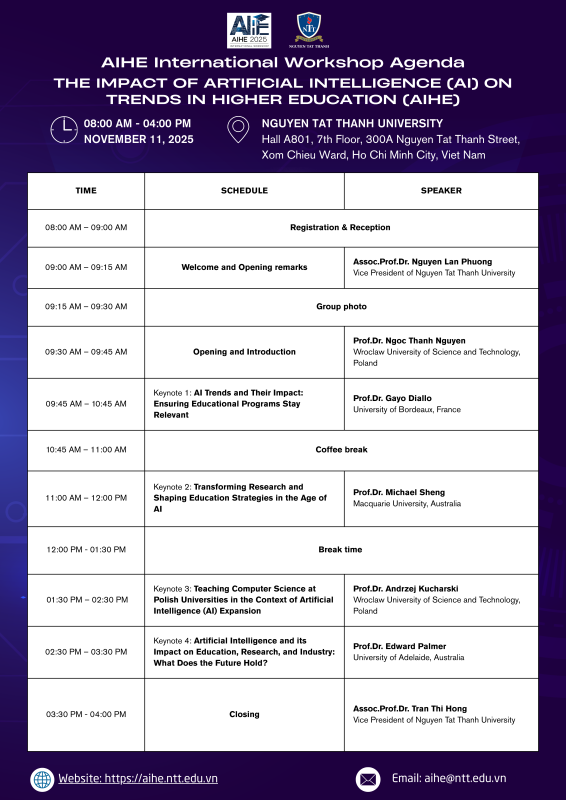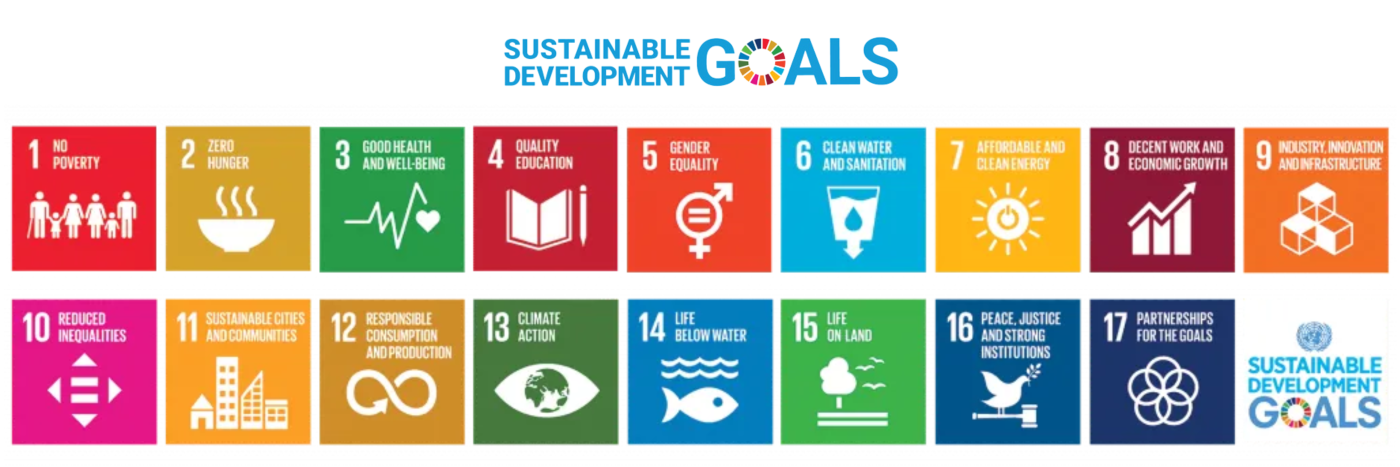WELCOME TO AIHE 2025
The Impact of Artificial Intelligence (AI) on Trends in Higher Education (AIHE)
Artificial Intelligence (AI) is increasingly becoming a key driver across industries, especially in higher education. With its ability to automate processes, analyze big data, and provide personalized solutions, AI is reshaping teaching, learning, and university management strategies. AI-powered tools such as adaptive learning systems, intelligent tutoring, and virtual assistants allow students to access flexible learning environments tailored to their individual needs, while also supporting faculty through automated grading and data-driven insights into student performance.
Beyond teaching and learning, AI plays a vital role in educational management – from optimizing admissions and resource allocation to aligning training programs with labor market demands. However, the reality on the labor market and the forecasts indicate that many professions will be liquidated and in many others there will be a significant reduction in employment. By leveraging predictive models, universities can adjust curricula to prepare students for emerging careers in the digital era.
In response to these transformative changes, Nguyen Tat Thanh University is organizing the International Workshop “The Impact of Artificial Intelligence (AI) on Trends in Higher Education (AIHE)”. This workshop provides an important platform for experts, faculty, and education leaders to explore AI’s impact, exchange insights, and foster innovation in teaching, learning, and governance — toward building a more modern and effective higher education system.
